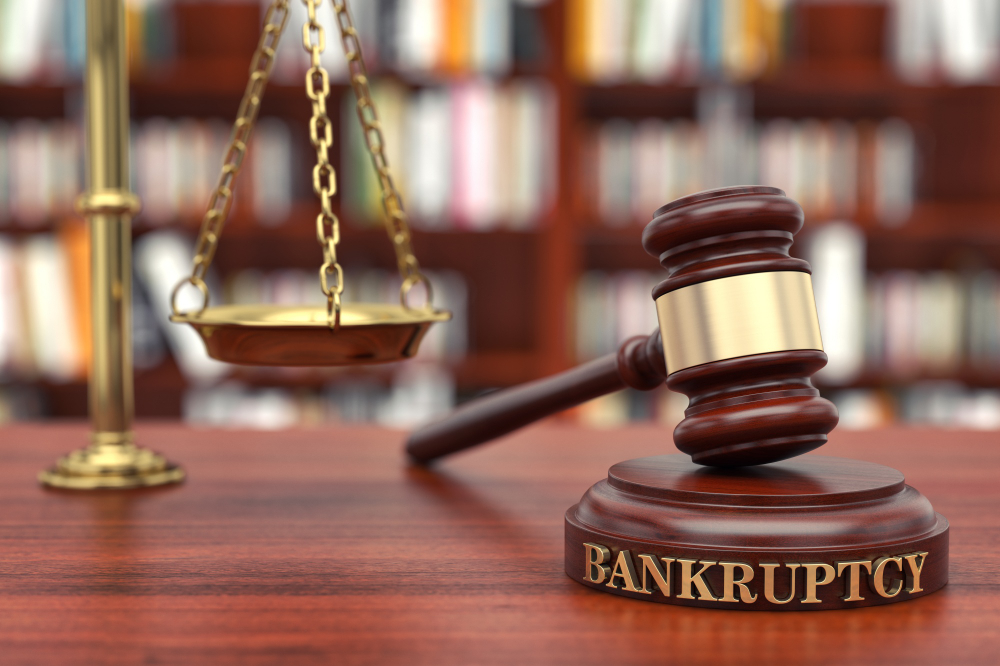Seafood restaurant chain Red Lobster is contemplating a Chapter 11 bankruptcy filing to tackle its debt restructuring, according to sources familiar with the situation.
Advised by the law firm King & Spalding, Red Lobster is evaluating the possibility of filing for Chapter 11 to alleviate burdensome long-term contracts and renegotiate numerous leases, the sources revealed.
The company’s financial stability has been impacted by challenging leases and rising labor costs, among other factors. Discussions regarding restructuring are ongoing, and a final decision has yet to be reached. A bankruptcy filing would enable the company to continue its operations while devising a plan to reduce its debt.
Efforts to reach out to Red Lobster and King & Spalding for comments were unsuccessful.
Founded in 1968 with a single restaurant in Lakeland, Florida, Red Lobster has expanded to include hundreds of locations across the US and Canada, along with international franchises. Renowned for its cheese-flavored biscuits introduced in 1992, the chain has experienced various ownership and management changes in recent years.
Thai Union Group Plc, which acquired the company in 2021, has written down its stake in Red Lobster this year, citing a misalignment between the company’s ongoing financial needs and Thai Union’s capital allocation priorities.
Fortress Investment Group, a principal lender to Red Lobster, is actively engaged in ongoing debt negotiations, according to insiders.
A representative from Fortress declined to provide a comment.
Golden Gate Capital acquired Red Lobster from Darden Restaurants through a leveraged buyout in 2014. Thai Union previously held a 25% stake in the chain before acquiring Golden Gate’s shares in 2021.









